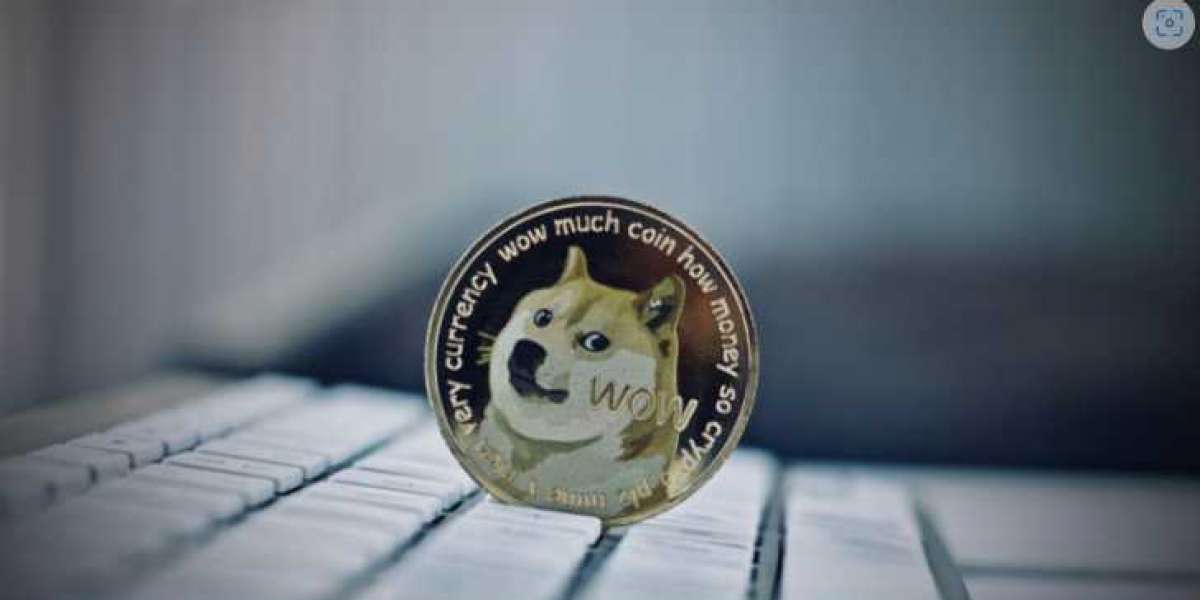According to Preqin's Outlook, investors expect private equity and venture capital near-term performance to face the strongest headwinds, with fifty percent and fifty-five percent of survey respondents, respectively, anticipating worse performance over the next twelve months. Investors are most concerned with venture capital valuations, as 80% of them believe the asset class is overvalued. The asset classes with the highest risk, such as private equity and venture capital, are anticipated to be the most affected by market pressure. Recent stock market gains during the summer may provide some relief, but it remains to be seen if they represent a structural change in direction.
Concerns over deteriorating economic conditions are counterbalanced by optimism that the stock market has reached its bottom. 55% of respondents to a survey conducted by Preqin analysts believe that we have reached this stage of the equity market cycle.
In the next 12 months, only 30% of private equity investors and 26% of venture capital investors intend to increase the rate of capital deployment. This represents a decline of 13 and 17 percentage points, respectively, compared to the same survey conducted the previous year. In contrast, 24% and 13% of investors plan to reduce their capital commitments, while the remaining investors intend to maintain their current rate of investment. Now, investors are firmly in risk-averse mode. According to survey responses from the second quarter of 2022, allocations to hedge funds are likely to increase, while allocations to higher-risk venture capital and private equity are likely to decrease. Specifically, we anticipate that macro, CTA, and relative value hedge funds will attract more flows. This is consistent with our expectations of a softer private equity and venture capital (PEVC) fundraising environment in the second half of the year.
Developed Market Allocations Offer Risk-Free Wagering
52.8% of investors only planned to invest in developed markets for private debt, 40.8% for venture capital, and 34.8% for private equity. This represented an increase of 15.2 percentage points, 16.3 percentage points, and 6.6 percentage points, respectively, compared to June 2021.
Strong dollar poses a substantial threat to the global economy. Historically, emerging market assets have suffered during periods of a strong dollar, in part due to the additional burden that USD-denominated debt places on balance sheets.
According to Cameron Joyce, SVP, Deputy Head of Research Insights at Preqin, "Our most recent investor survey reveals a significant shift in investor behavior. Combined with geopolitical events, the aftereffects of post-COVID-19 stimulus measures have created the perfect storm for risk assets in 2022. On private markets, there has been a relative preference shift toward real assets and away from private equity and venture capital investments with higher risk. In the current environment, fresh allocations to alternative assets are likely to continue, albeit at a slower rate. However, defensive asset classes like hedge funds and private debt are anticipated to perform relatively well."
Key Preqin Investor Perspective H2 data:
Only 30% of private equity investors and 26% of venture capital investors intend to increase the rate of capital deployment into the asset class over the next 12 months.
50% of private equity respondents and 55% of venture capital respondents anticipate a decline in performance over the next twelve months.
55% of survey respondents believe we may be nearing the bottom of the current equity market cycle, while 63% anticipate the macroeconomic environment to continue to deteriorate.
Developed Market Allocations Offer Risk-Free Wagering
52.8% of investors only planned to invest in developed markets for private debt, 40.8% for venture capital, and 34.8% for private equity. This represented an increase of 15.2 percentage points, 16.3 percentage points, and 6.6 percentage points, respectively, compared to June 2021.
Strong dollar poses a substantial threat to the global economy. Historically, emerging market assets have suffered during periods of a strong dollar, in part due to the additional burden that USD-denominated debt places on balance sheets.
According to Cameron Joyce, SVP, Deputy Head of Research Insights at Preqin, "Our most recent investor survey reveals a significant shift in investor behavior. Combined with geopolitical events, the aftereffects of post-COVID-19 stimulus measures have created the perfect storm for risk assets in 2022. On private markets, there has been a relative preference shift toward real assets and away from private equity and venture capital investments with higher risk. In the current environment, fresh allocations to alternative assets are likely to continue, albeit at a slower rate. However, defensive asset classes like hedge funds and private debt are anticipated to perform relatively well."




Alphonsus Odumu 5 w
Preqin report